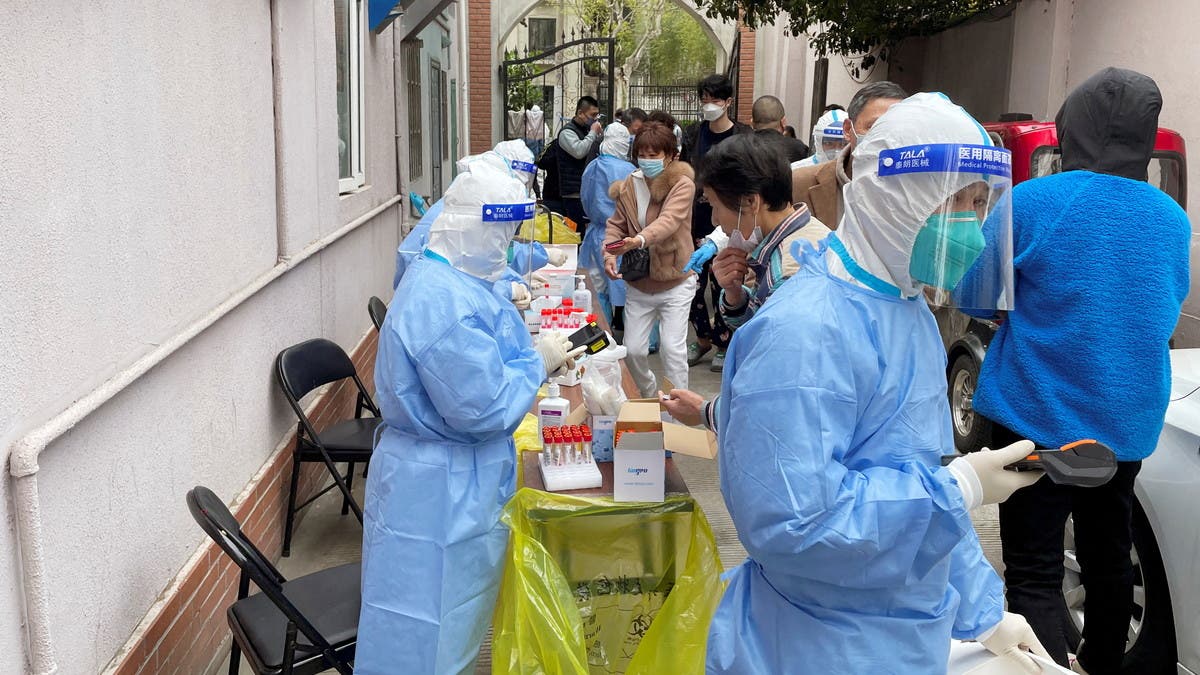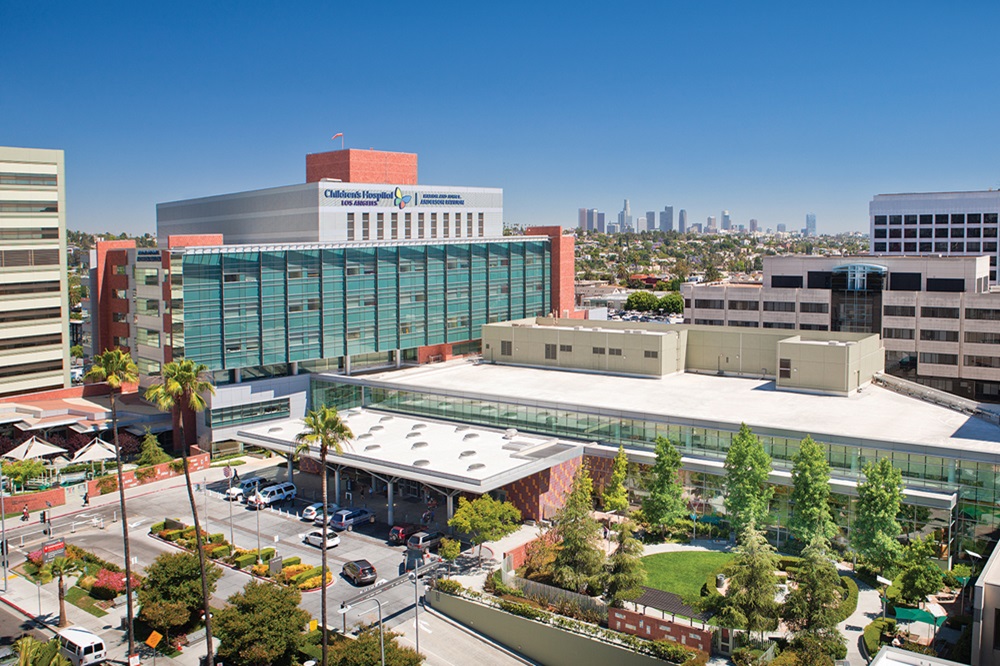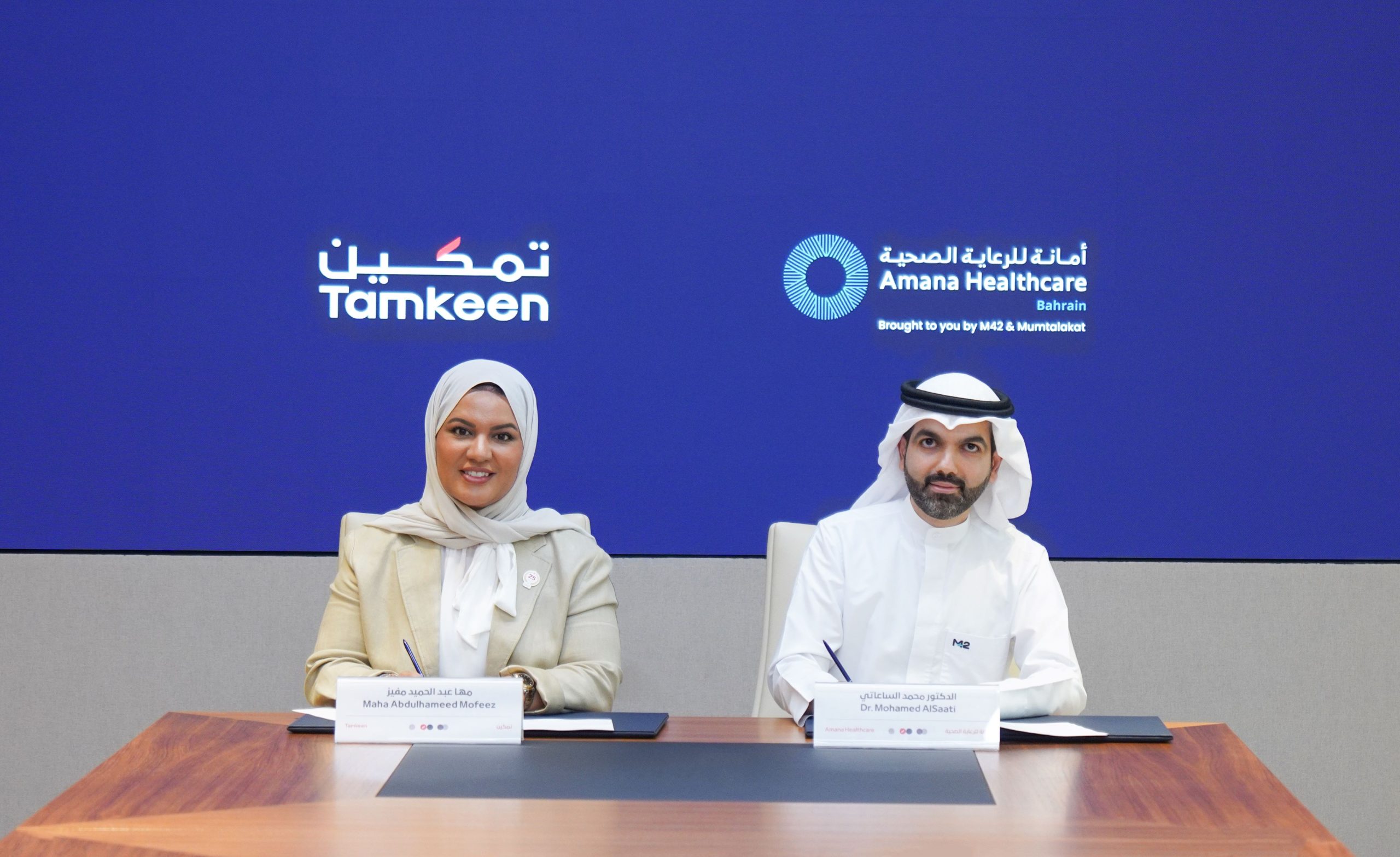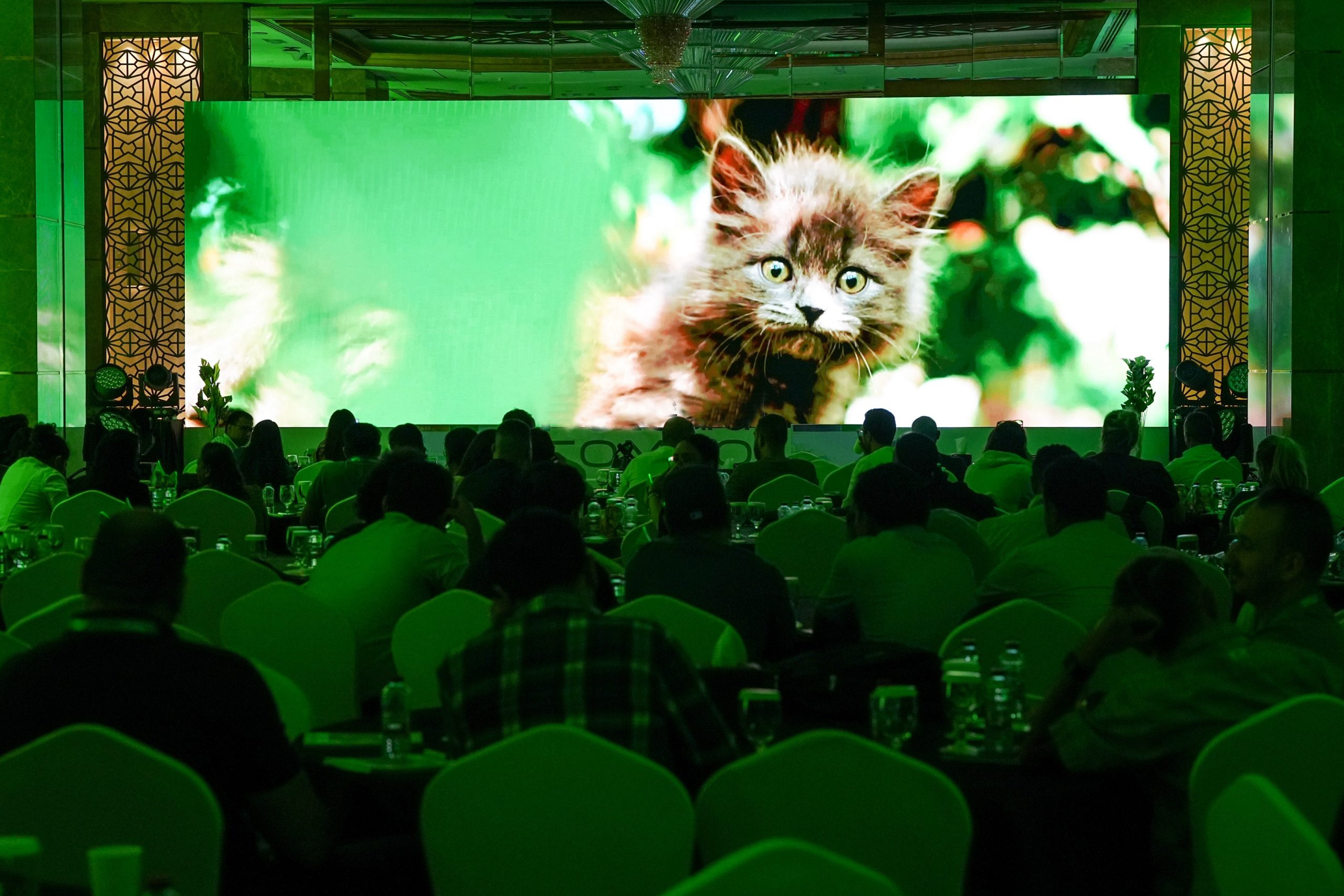Esther Zhao thought she was doing the right thing when she brought her two and a half-year-old daughter to a Shanghai hospital with a fever on March 26.
Three days later, Zhao was begging health authorities not to separate them after she and the little girl both tested positive for COVID-19, saying her daughter was too young to be taken away to a quarantine center for children.
For the latest headlines, follow our Google News channel online or via the app.
Doctors then threatened Zhao that her daughter would be left at the hospital, while she was sent to the center, if she did not agree to transfer the girl to the Shanghai Public Health Clinical Center in the city’s Jinshan district.
Since then, she has had only one brief message that her daughter was fine, sent through a group chat with doctors, despite repeated pleas for information from Zhao and her husband, who is in a separate quarantine site after also testing positive.
“There have been no photos at all… I’m so anxious, I have no idea what situation my daughter is in,” she said on Saturday through tears, still stuck at the hospital she went to last week. “The doctor said Shanghai rules is that children must be sent to designated points, adults to quarantine centers and you’re not allowed to accompany the children.”
Zhao is panicking even more after images of crying children at a Shanghai health facility went viral in China. The anonymous poster said these were children who had tested positive for COVID and been separated from their parents at the Jinshan center.
The photos and videos posted on China’s Weibo and Douyin social media platforms showed wailing babies kept three to a cot. In one video, a groaning toddler crawls out of a room with four child-sized beds pushed against the wall. While a few adults can be seen in the videos, they are outnumbered by the number of children.
Reuters could not immediately verify the images, but a source familiar with the facility confirmed they were taken at the Jinshan facility.
Read the latest updates in our dedicated coronavirus section.
The Shanghai Public Health Clinical Center said, however, that the photos and videos circulating on internet were not a “Jinshan infant quarantine facility” but were scenes taken when the hospital was moving its pediatric ward to another building to cope with a rising number of COVID pediatric patients.
This was done to “improve the hospital environment,” it said on its official WeChat account on Saturday.
“Pediatric patients admitted to our hospital… are guaranteed medical treatment and their daily needs taken care of,” it said. “Currently, we have organized for more pediatric health workers to adjust the pediatric wards, optimize the administration process, improve ward management, strengthen communication with the children’s parents and do a better job.”
The Shanghai government referred Reuters to the hospital’s statement and declined to comment further.
A Shanghai health official said last week that hospitals that were treating COVID-positive children maintained online communications with their parents, according to the government’s official WeChat account.
As Shanghai, China’s most populous city and main financial hub, battles its largest ever COVID outbreak, stories like Zhao’s and videos of the separated children are angering residents and raising questions about the costs of Beijing’s “dynamic clearance” policy to fight the spread of the disease.
Censorship
By Saturday, the original post had been deleted from Weibo, but thousands of people continued to comment and repost the images. “This is horrific,” said one. “How could the government come up with such a plan?,” said another.
In some cases, children as young as 3 months old are being separated from their breastfeeding mothers, according to posts in a quarantine hospital WeChat group shared with Reuters. In one room described in a post, there are eight children without an adult.
In another case, more than 20 children from a Shanghai kindergarten aged 5 to 6 were sent to a quarantine center without their parents, a source familiar with the situation said.
Since Shanghai’s latest outbreak began about a month ago, authorities have locked down its 26 million people in a two-stage process that began on Monday.
While the number of cases in Shanghai is small by global standards, Chinese authorities have vowed to stick with “dynamic clearance,” aiming to test for, trace and centrally quarantine all positive cases.
The US, French and Italian foreign consulates have warned their citizens in Shanghai that family separations could happen as Chinese authorities executed COVID curbs, according to notices seen by Reuters.
Shanghai on Saturday reported 6,051 locally transmitted asymptomatic COVID-19 cases and 260 symptomatic cases for April 1, versus 4,144 asymptomatic cases and 358 symptomatic ones on the previous day.
Mainland China reported 2,129 new cases, up from 1,827.
Read more:
UK’s COVID-19 infections hit record high as free tests end
Shanghai residents frustrated by food shortages, prolonged COVID-19 lockdowns
India’s Maharashtra state to lift mask mandate after steep fall in COVID-19 cases


 World3 years ago
World3 years ago
 World3 years ago
World3 years ago
 Business1 year ago
Business1 year ago
 Entertainment7 years ago
Entertainment7 years ago
 World7 years ago
World7 years ago
 Entertainment7 years ago
Entertainment7 years ago





